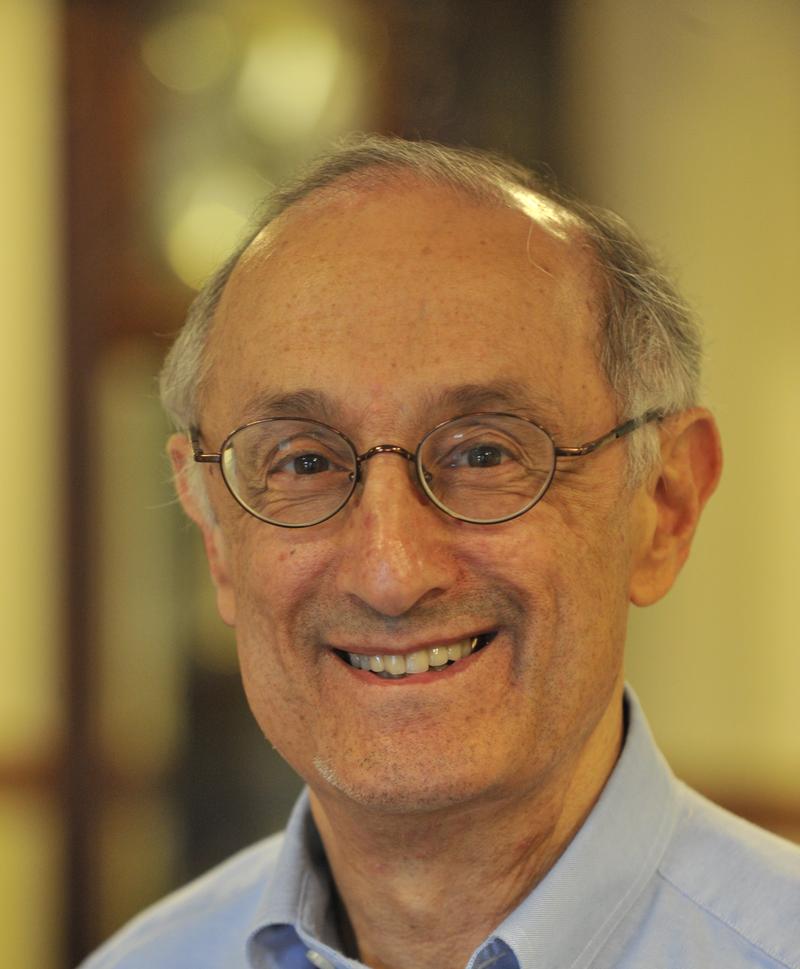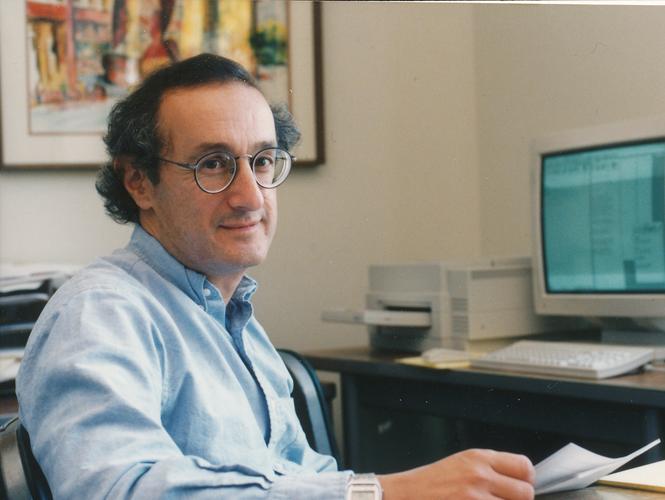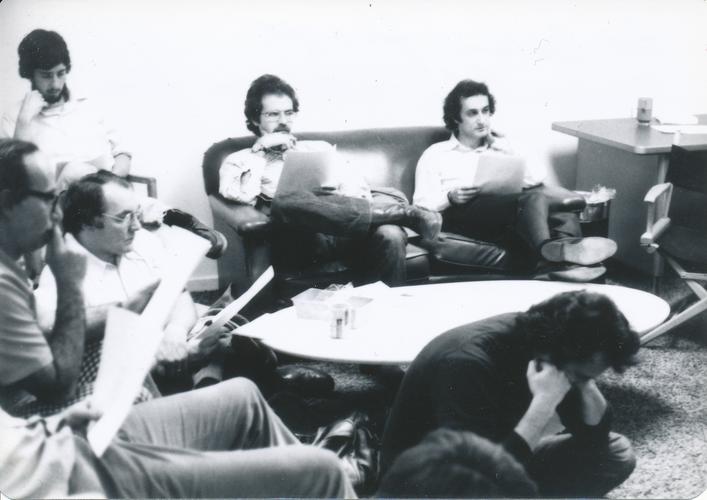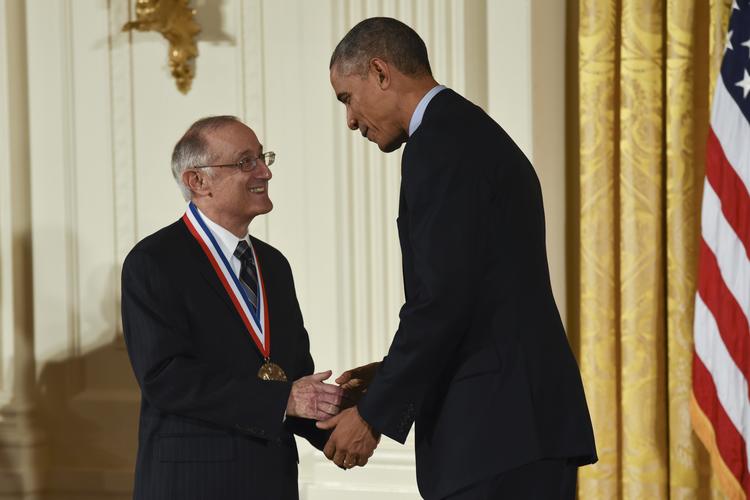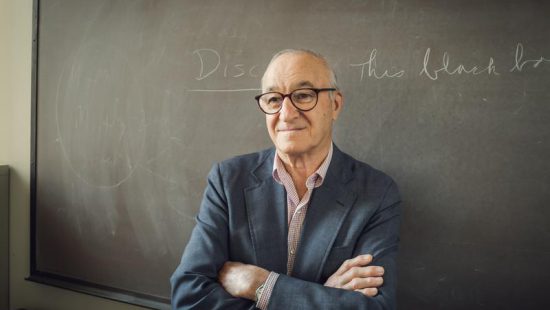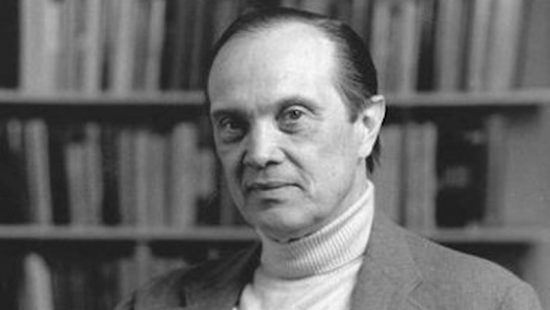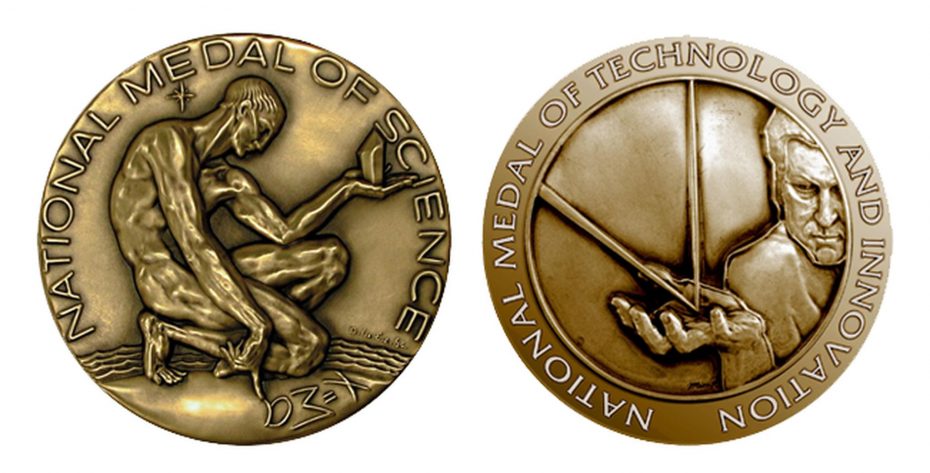Political scientist, teacher and author Robert Axelrod has made a career of probing why we do – and in some cases, do not – cooperate with each other.
Axelrod, intrigued by the Cuban Missile Crisis while a college student, sought a mathematical theory to explain why countries would risk so much in a game of brinksmanship. He also became interested in “the prisoner’s dilemma,’’ the game theory in which two prisoners try to outwit each other in a game of survival.
His research coalesced in his groundbreaking 1984 book, Evolution of Cooperation.
Axelrod’s work “has done a great deal to rebuild the thinking world’s faith in the power of cooperation,” Susan Collins, the dean of the University of Michigan’s Gerald R. Ford School of Public Policy, said at the time Axelrod received a National Medal of Science for his pioneering work.
Like much of his other work, Evolution of Cooperation looks at ways to resolve conflict.
Axelrod, whose undergraduate degree was in mathematics, holds a doctorate in political science from Yale University in 1969. He taught at the University of California at Berkeley before joining the University of Michigan in 1974.
By Bob Warren

